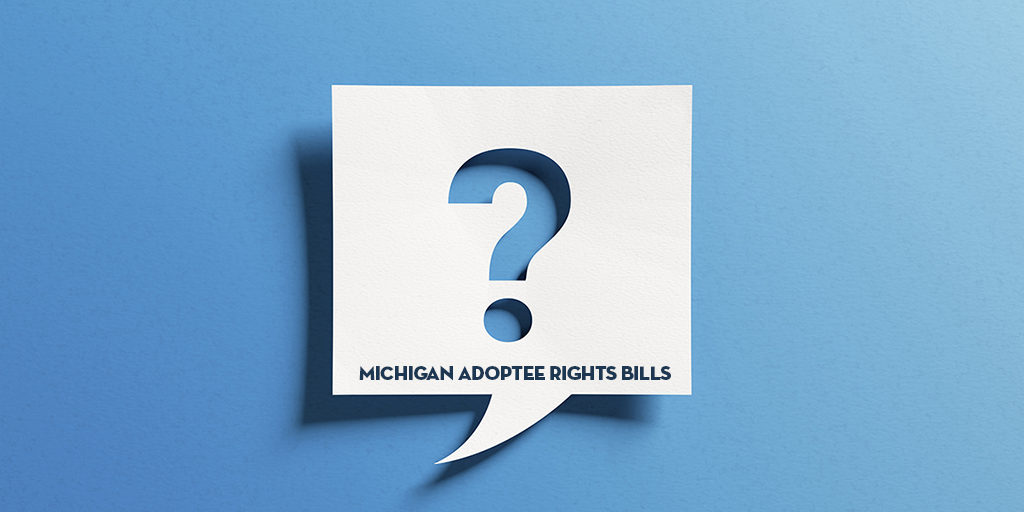Many legislators fail to realize today that continued state secrecy over a person’s own birth record often has one fundamental impact: it leads to far more public disclosure of the person’s birth and often does so within generations of a family, typically as a result of using inexpensive consumer DNA tests. Two illustrations demonstrate how this occurs.
1. When Michigan-Born Adult Adopted People Have the Right to Request and Obtain their Own Birth Records
Enacting a law in Michigan to restore the right to your own birth record will not lead to widespread disclosure of the facts about that birth. It instead makes the disclosure discreet and private because it provides the record to a single person: the registrant; i.e., the adopted person whose birth is recorded on the certificate. Here’s how such a law would work, using what’s known as a contact preference form:
2. When Michigan Denies Adoptees Their Own Birth Records – and Compels DNA Testing Instead
When a state doubles down on keeping a person’s own birth record a secret, it compels adopted people to use a number of alternative methods to secure information about their own identities. Those efforts could include hiring a private investigator, contacting and using a search angel, or submitting a relatively inexpensive DNA test. All of these methods ultimately lead to widespread and far more public disclosure of information. DNA, however, is not only is the easiest and least expensive of these methods but it also often leads to disclosure of the adoption to numerous biological relatives, including first cousins, aunts, uncles, and even siblings. When Michigan incentivizes DNA testing by locking down adoptee birth records, the result is the complete evisceration of privacy for everyone involved, particularly birthparents:
The coalition is now working on a bill that will restore a right all Michigan-born adopted people once had: the right to request and obtain your own birth record, without discriminatory denials and restrictions. Expect more information about that bill in the early Fall.
Additional Resources
FAQ: Michigan’s Adoptee Rights Bills
Questions and answers about the two new adoptee rights bills in Michigan.
Current Michigan Law: The Basics
Michigan is considered a Compromised State, meaning adult adopted people cannot secure a copy of their own original birth certificate without a court order or without going through a complex discriminatory intermediary system.


